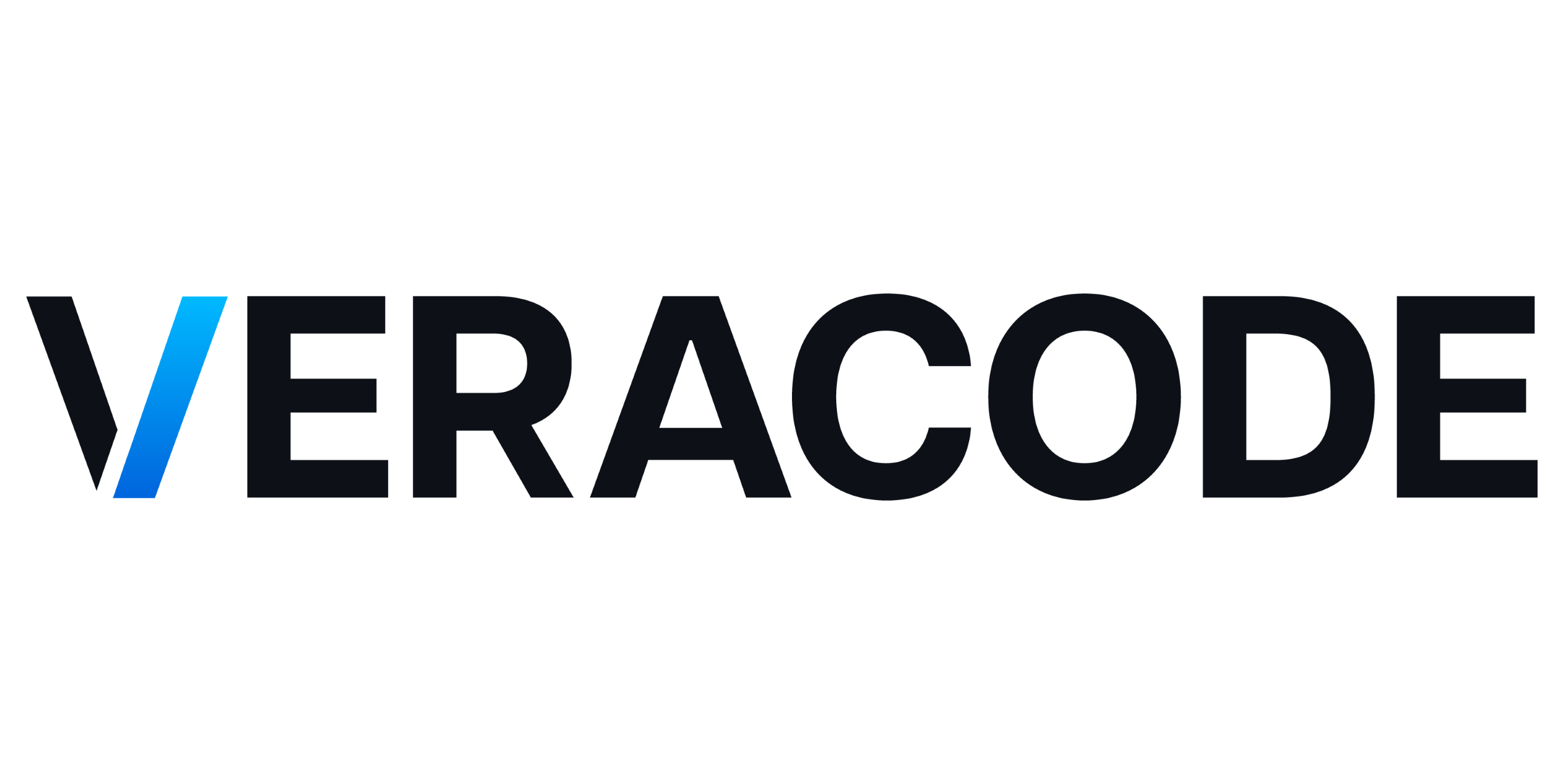We use Veracode to find any vulnerabilities and for risk management.
There are multiple ways to use Veracode. We can use Veracode directly in our ID environment, and we can use it in the UI environment in our platform. We can integrate it with GitHub or GitLab. We can also install SourceClear as an agent.
It helps to reduce the application risk rate. It checks for any vulnerabilities or CVE IDs against its database. If any vulnerabilities are present, it gives suggestions, remediations, and fixes. They have recently started with Veracode Fix, so the auto-fix capability is there for your code.
Previously, it was very difficult to find vulnerabilities and scan threats. It is a primary need to maintain the security of our code. Veracode is a good option. It provides all kinds of features for developers.
Veracode checks for vulnerabilities in the static code, third-party libraries, and infrastructure. If there are any vulnerabilities in your static code, it will provide them. It can also auto-fix them with Veracode Fix. For Web APIs, there is a solution called DAST Essentials. It came out recently, but it is a very good solution.
It has been a year since I have been using Veracode, and it has been very helpful. It gave me the vulnerabilities present in my code, such as SQL injection, and the fixes for them. It gives good suggestions to improve the score of our code base. It gives a lot of things.
I started using Veracode Fix about one month back. It can automatically fix whatever vulnerabilities are present in the code. In GitHub, it shows the line numbers that it has fixed. It also provides a reason to fix them. It also gives a report based on your policies. If any high-severity vulnerability was there, it tells you how it was fixed. Everything is given in detail in the reports. It is very good.
Veracode's policy reporting is good for ensuring compliance with industry standards and regulations. I would rate it an eight out of ten for that.
Veracode provides visibility into application status at every phase of development, but the option of infrastructure and deployment security is not there in Veracode. They have probably started working on that.
We use third-party libraries, and it suggests using only the safest versions. It gives suggestions on vulnerabilities that are present and how to fix them. It is very good. It makes our code secure.
Veracode saves 10% to 20% time of developers.
I like its integration with GitHub. I like using it from GitHub. I can use the GitHub URL and find out the vulnerabilities. It maps everything for you. It gives suggestions and remediations.
They should provide infrastructure management. They have not included any infrastructure security. Kubernetes images are also not there.
Their scanning engine is sometimes a little bit slow. They can improve the scan time.
I have been using Veracode for more than one year.
It is stable. I would rate it an 8 out of 10 for stability.
It is scalable. We have 5 projects. In every team, 2-3 people are using Veracode. We have a dashboard, and through that dashboard, we log in to our account. We are also using a GitHub wrapper.
We have a sprint of 2 weeks, so every 2 weeks, we deploy code. We have a team of 10 people, and at a time, at least 5 people are involved in the deployment.
They have an Application Security Consultation team. Veracode support is also there. We can email them for any issues, and we can also connect with the ACS team through a Zoom meeting.
Their documentation is also very good. In the case of any issues, we follow the documentation.
I have previously worked with SonarQube. The decision to switch to Veracode was taken by our management.
Veracode is better than SonarQube. In SonarQube, you need to give individual code, and then it fetches the details. With Veracode, you can get details about your entire application. Veracode Fix is also there to auto-fix the code. For web applications also, so many things are there with Veracode.
It is a very good product. Veracode Fix is also there. It gives very good solutions about the code and its reusability and fixes. It has been there for the last 17 years. Without such a solution, it is very difficult to find vulnerabilities and manage fixes.
I would recommend using Veracode. It has good features. It scans your source code and your third-party libraries. There are a lot of new products in the market, but Veracode is good.
Overall, I would rate Veracode an 8 out of 10.
